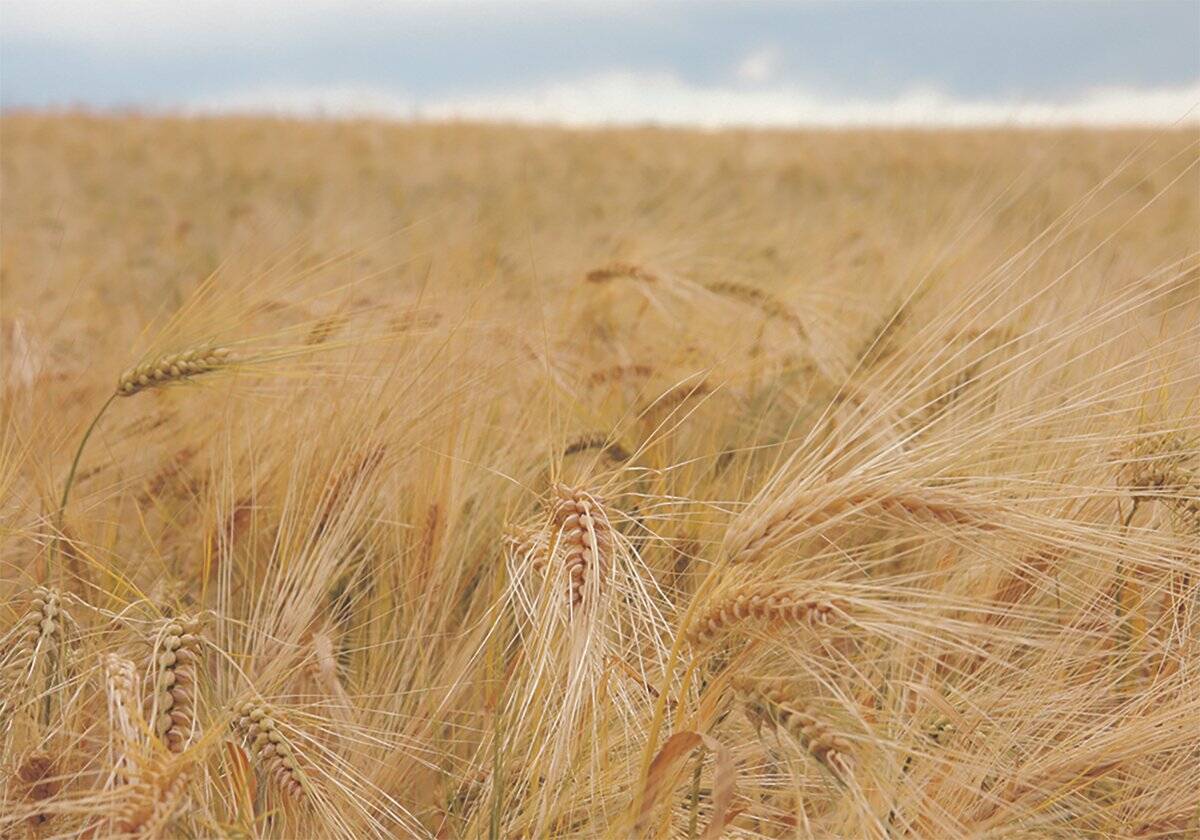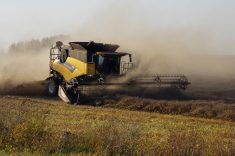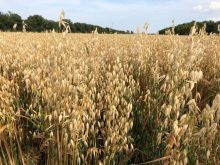Raxil, a seed treatment used to protect wheat, oat and barley crops against various early-season diseases, has picked up registration for a new formulation against wireworms.
Bayer CropScience said its new Raxil WW formulation will be available for the 2010 winter wheat season from “participating” Bayer retailers across the Prairies. A full launch would follow for the 2011 season.
“We are seeing more occurrences of wireworms in cereal crops, including activity outside the brown soil zone,” Graham Hastie, Bayer’s Canadian manager of cereal crop fungicides, insecticides and seed treatments, said Monday in the company’s release.
Read Also

Feed Grain Weekly: Barley still the king of Canadian feed grains
Brandon Motz of CorNine Commodities in Lacombe, Alta. said barley is still the preferred feed grain of choice here and abroad.
The new formulation of Raxil includes the company’s insecticidal product StressShield, which features imidacloprid, better known as an active ingredient in Bayer’s seed treatment Gaucho.
The chemical works against wireworms both through ingestion and on contact, the company said.
When wireworms feed on plants treated with Raxil WW, Bayer said, “they enter into a prolonged coma-like state and stop feeding. Meanwhile, the crop continues growing without suffering the losses from wireworm damage.”
Raxil WW offers a “convenient” way to defend against yield losses caused by wireworms and by seed- and soil-borne diseases, Hastie said Monday.
Cereal growers, he warned, “need to understand that none of the technologies registered today directly control wireworm populations, but Raxil WW offers a tool to manage wireworm feeding and crop protection.”
Growers can check for the presence of wireworms using bait balls, the company said.
Wireworms “are attracted to (carbon dioxide), whatever the source,” Agriculture and Agri-Food Canada entomologist Bob Vernon was quoted by Bayer as saying in an article last year from Ontario’s provincial ag department.
Wireworm populations, he said, are high in fields with recent history of pasture use and rotations with forages and cereals.














